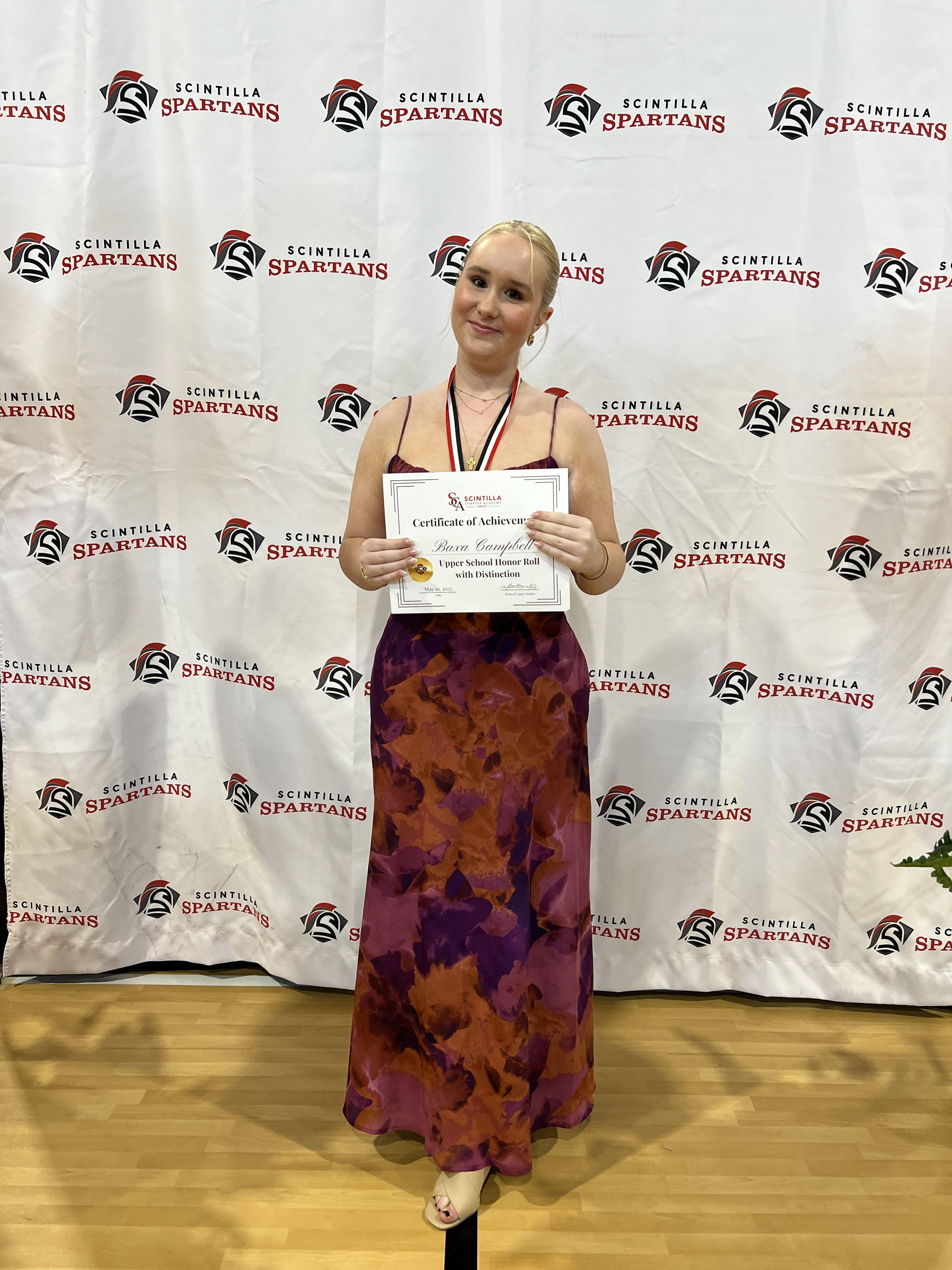POLING: Tinsley, mason, space pioneer, veteran, best friend
Published 12:00 pm Saturday, April 3, 2021
It’s been a year but it still seems hard to fathom that John Tinsley’s gone.
After all, a man who ensured you witnessed the birth of your son is hard to forget. And John, in typical John Tinsley fashion, would always remember that’s how we met.
A father being there for his son’s birth is important, especially for John.
John was a baby when his father died. The reputation of the father he could not recall led John Tinsley to join the Masons.
“Everybody always told me what a good man my father was,” John said in a past interview. “He died when I was a baby but he was a mason and in the Shriners. So when the opportunity came along, I wanted to join, too.”
John was a Mason for more than 50 years.
John Tinsley was many things. He lived a full life during his 95 years.
He was a member of three masonic lodges. He served as a chaplain via Westside Baptist Church. He was a hospice volunteer. He served various offices through the years with National Active and Retired Federal Employees.
He was a World War II veteran and a retired NASA employee with the space program.
He had a hard-scrabble childhood. He was born in a log cabin in Cotton, Ga. He was one of five children. In addition to his father passing, his eldest brother, Theo, died during John’s infancy.
Times were tough with the family’s two oldest males having passed. John recalled never having shoes as a child. He attended school bare foot. He recalled hunger and lean times.
His mother remarried when John was 9. Times would no longer be as lean but life became more difficult for him.
His step-father did not care for young John. He was merciless in his criticism and expectations of John. The step-father constantly picked on him.
At the age of 15, John washed his hands of his family and school. He left home. He later returned to support his mother.
But he also went to war.
He served in the Pacific. He did not like speaking of his World War II experiences but he said “Burma was hell.”
He was wounded in 1943. Shells and ammo damaged his hearing. He suffered severe concussions and physical trauma from Japanese mortars. He contracted malaria in the jungle and suffered the effects of mustard gas.
He found himself in an American military hospital in Karachi, which is now part of Pakistan but was then still part of India. Though raised in a church-going family, John accepted Jesus as his savior in this faraway hospital.
His hearing damaged, he was taught lip reading. Speech therapy not only led to refinding his voice but set him on a course of public speaking that lasted a lifetime.
He returned to the States, went back to high school, then college. He lost fingers on his right hand in a 1951 industrial accident, he said, though it never stopped him from greeting people with a right-handed handshake. He eventually moved to Valdosta and took a civilian job at Moody Air Force Base.
Through a friend he made while working at Moody, John was offered a job working for NASA on the Mercury space program at Cape Canaveral in Florida. John took the job and worked on the Mercury, Gemini and Apollo space programs, as well as SkyLab. He stayed with NASA up to the Shuttle program.
He helped send men to the moon, to space, and back again.
As for John, he returned to Valdosta after retirement. He was involved in numerous activities, including thousands of hours as a volunteer at South Georgia Medical Center.
There, back in 2000, John met a frenzied man trying to get into the maternity ward to be with his expectant wife. Hospital staff had told the man that another family member was already visiting with his wife and patients could only have one visitor at a time. Well, the man said, can you tell my wife her husband is here?
John Tinsley overhead my query into the intercom. He introduced himself by shaking my hand with his right hand. He offered a big smile and asked about my concern.
I told him, my wife is about to have a baby but they won’t let me in. John smiled again, pressed a few buttons and let me through the door. He escorted me to the room, shook my hand again and said, “Don’t forget, I’m your best friend,” and then he was gone.
Getting to know John better in the years after that moment, he often repeated those words. “Don’t forget, I’m your best friend.”
And, you know, he may have been right.
Dean Poling is an editor with The Valdosta Daily Times.





